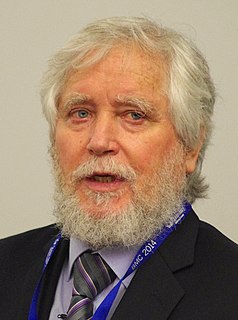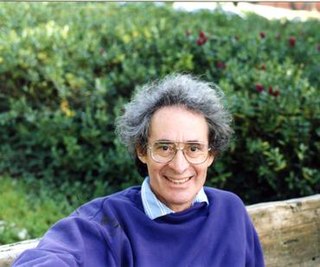A Quote by David Hilbert
Before beginning [to try to prove Fermat's Last Theorem] I should have to put in three years of intensive study, and I haven't that much time to squander on a probable failure.
Related Quotes
Some mathematics problems look simple, and you try them for a year or so, and then you try them for a hundred years, and it turns out that they're extremely hard to solve. There's no reason why these problems shouldn't be easy, and yet they turn out to be extremely intricate. Fermat's Last Theorem is the most beautiful example of this.
If you have to prove a theorem, do not rush. First of all, understand fully what the theorem says, try to see clearly what it means. Then check the theorem; it could be false. Examine the consequences, verify as many particular instances as are needed to convince yourself of the truth. When you have satisfied yourself that the theorem is true, you can start proving it.
Too much knowledge could be a bad thing. I was lead to the Szemerédi theorem by proving a result, about squares, that Euler had already proven, and I relied on an "obvious" fact, about arithmetical progressions, that was unproved at the time. But that lead me to try and prove that formerly unproved statement- about arithmetical progressions-and that ultimately lead to the Szemerédi Theorem.
I think I was just trying to coast and you can't coast and try and win at the same time, you know? It'll be three years now since those wins, but the last couple of years I've just really been trying to put my miles in, get them up there to 80 miles a week, 90 miles a week and put the work in again.
[Attributing the origin of life to spontaneous generation.] However improbable we regard this event, it will almost certainly happen at least once.... The time... is of the order of two billion years.... Given so much time, the "impossible" becomes possible, the possible probable, and the probable virtually certain. One only has to wait: time itself performs the miracles.
Carnal embrace is sexual congress, which is the insertion of the male genital organ into the female genital organ for purposes of procreation and pleasure. Fermat’s last theorem, by contrast, asserts that when x, y and z are whole numbers each raised to power of n, the sum of the first two can never equal the third when n is greater than 2.
I loved doing problems in school. I'd take them home and make up new ones of my own. But the best problem I ever found, I found in my local public library. I was just browsing through the section of math books and I found this one book, which was all about one particular problem - Fermat's Last Theorem.



































